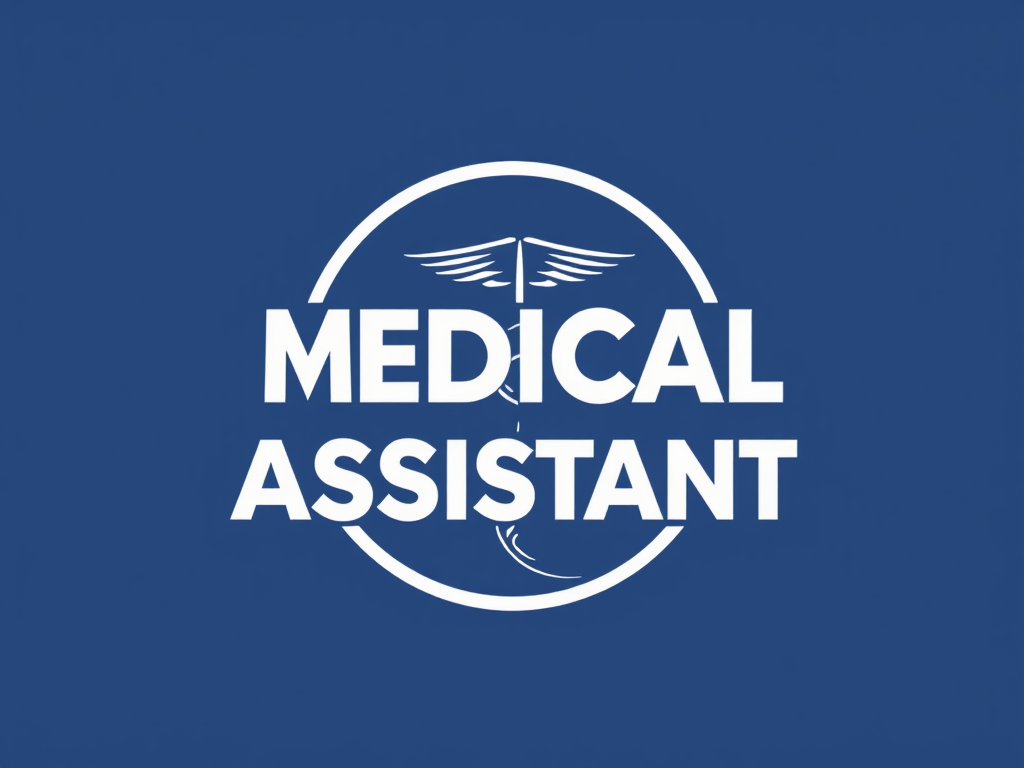Anxiety can feel overwhelming, disrupting daily life and making simple tasks seem insurmountable. This checklist offers practical strategies and coping mechanisms to help you regain control and foster lasting calm. By exploring tools like mindfulness, cognitive-behavioral therapy, and relaxation techniques, you can transform your anxiety into manageable steps, leading to a more serene life. Embrace the journey toward tranquility today.
Understanding Anxiety and Its Impact
Anxiety can significantly affect your day-to-day life through a variety of symptoms, including overwhelming worry, trouble concentrating, physical discomfort like headaches, and racing thoughts. Recognizing these signs and seeking support is vital to manage anxiety effectively. Common causes often relate to work pressure, financial difficulties, or past trauma experiences. Left unchecked, these issues can lead not only to distress but also to potential mental health crisscross patterns, complicating relational and personal undertakings.
Have you seen this : Best massage guns to enhance muscle recovery and performance
Identifying and understanding anxiety triggers is important for long-term management. This includes recognizing specific conditions or situations that elevate anxiety levels. Unearthing such triggers provides a foundation for adopting actionable coping strategies. Practical information about these can be gleaned from resources like the https://anxietychecklist.com/ which offers personal stories, checklists, and structured management techniques. Developing awareness around what incites these feelings helps mitigate unexpected panic episodes when they arise.
The physical manifestations of anxiety are further exacerbated when left unaddressed, leading to sleep disturbances and an increased heart rate. Awareness is the first step in reversing the cycle of distress they cause. Understanding anxiety as a multifaceted experience, rather than a monolithic obstacle, is crucial for effective management.
Also to see : Top massage gun reviews for effective muscle recovery
Effective Techniques for Managing Anxiety
Cognitive Behavioral Techniques
Cognitive Behavioral Techniques (CBT) can be powerful tools for anxiety relief and are often recommended as first-line coping strategies for anxiety disorders. CBT works by reframing negative thought patterns that exacerbate anxiety, helping individuals develop effective practices for anxiety management. It encourages breaking down overwhelming problems into smaller parts, making them more manageable. This method enhances understanding of one’s anxiety triggers and teaches skills to control anxiety symptoms.
Mindfulness and Relaxation Exercises
Mindfulness and Relaxation Exercises offer significant benefits in reducing anxiety symptoms. These exercises, such as deep breathing techniques and guided imagery, promote mental calmness and clarity. Practicing mindfulness and engaging in relaxation exercises regularly can lead to improved emotional regulation and reduced stress. Guided imagery for anxiety relief, in particular, helps visualize peaceful scenarios, shifting focus away from anxiety-inducing thoughts.
Lifestyle Changes to Alleviate Anxiety
Adopting lifestyle changes for reducing anxiety can have a profound impact on overall mental health. Integrating regular physical activity, such as yoga or aerobic exercises, enhances endorphin production, easing tension. Nutrition and anxiety relief play a pivotal role; consuming foods rich in omega-3 fatty acids and magnesium can stabilize mood swings. Additionally, reducing caffeine and sugar intake aids in maintaining calm, while maintaining a structured routine aids in managing anxiety effectively.
Resources for Ongoing Support
Professional Therapy Options
For those seeking a structured approach to anxiety management, professional therapy offers various effective practices tailored to individual needs. Cognitive Behavioral Therapy (CBT) remains a cornerstone, guiding patients through strategies for managing anxiety by changing thought patterns. Accessing therapy has become more straightforward, with direct referrals possible through services like the NHS, which provides cost-free options in the form of talking therapies. These include anxiety management techniques specifically designed for different anxiety disorders, ensuring personalized care.
Community and Online Support Systems
Engaging with anxiety support groups can be transformative. Such groups provide a space for sharing experiences, discussing coping strategies, and fostering community support. Online courses for anxiety management have also surged in popularity, offering flexibility with tools for anxiety relief like guided imagery and meditation. These platforms offer accessibility, often including worksheets for managing anxiety that can be tailored to individual progress, helping to reduce anxiety symptoms effectively.
Recommended Reading Material and Courses
To deepen understanding, recommended books on anxiety management can empower individuals through self-help strategies. Many works explore holistic approaches such as mindfulness and breathing techniques for anxiety relief. Meanwhile, educational courses focus on mental health strategies, offering insights into effective lifestyle changes for anxiety relief. Resources like journaling for anxiety management provide practical techniques for ongoing personal development and emotional regulation.
Personal Experiences and Insights
Personal Narratives in Managing Anxiety
Heartening anxiety management success stories reveal the power of personal growth in conquering distress. For many, the journey to tranquility begins with identifying anxiety triggers and embracing anxiety-friendly activities which foster resilience. One individual attributed their progress to consistent meditation for anxiety reduction, establishing a calm ritual that dissipates daily stressors. Tracking anxiety triggers through journaling offered insights into patterns, enabling pragmatic changes. It’s essential for individuals to understand that while self-help for anxiety disorders seems daunting, small shifts can prompt profound relief.
Introductions to Effective Books and Tools
In the battle against relentless anxiety, incorporating a suite of tools becomes pivotal. Literature like the “Fearless Living Book” unleashes transformative strategies aimed at navigating anxiety disorders. Cognitive behavioral techniques within these guides offer a scaffold for restructuring troubling thoughts. Complementing these insights, guided imagery for anxiety relief introduces a gentle escape. Supported by worksheets for managing anxiety, individuals chart a steady course toward serenity. For those preferring digital aids, online courses for anxiety management and supportive apps democratize access to resilience-building skills.
Peer Support and Group Resources
The formidable challenge of anxiety is lessened through community resources for anxiety support. Peer groups play an invaluable role, offering a shared space for individuals to relay their anxiety management success stories. Engaging with such a network, one discovers that strategies for managing anxiety are more manageable when met with collective encouragement. These gatherings foster connections, introducing participants to diverse mindsets and natural remedies for anxiety management, easing the perception of an insurmountable burden and reinforcing a communal approach to personal triumph.




